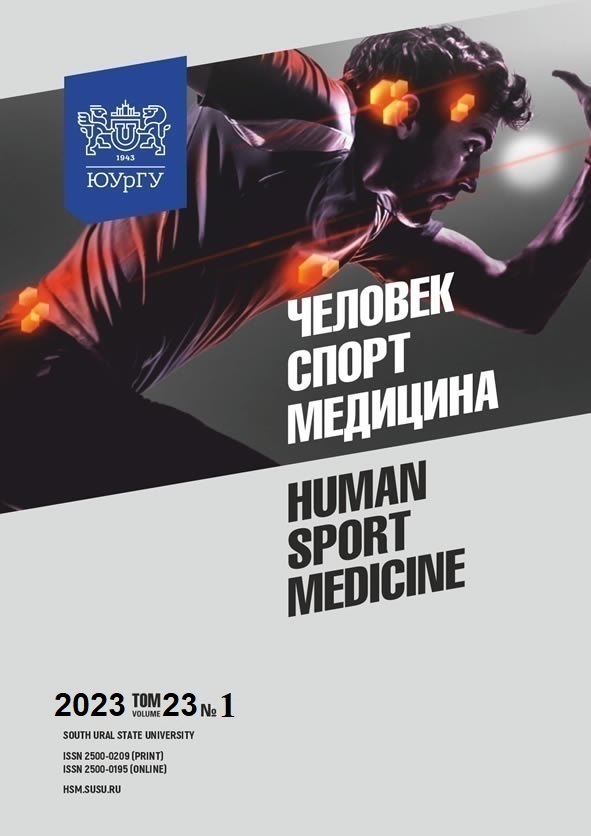PSYCHOPHYSIOLOGICAL ASPECTS THAT DEFINE THE HEALTH-ENHANCING POTENTIAL OF ESPORTS
Abstract
Aim. The paper aims to identify the psychophysiological aspects that define the health-enhancing potential of esports. Materials and methods. The study involved 15 widely used esports technologies, the Buss – Durkee hostility inventory, standardization of esports performance, and correlation, approximation, and semantic analysis. Results. The following psychophysiological aspects define the health-enhancing potential of esports: 1) nonlinear (parabolic) dependence of esports performance on negativism. The higher the level of superficial (neocortical) aggressiveness within the normal range of 3 to 14 points, the better the eSports performance. Negativism of more than 14 points is unfavorable for performance;
2) direct correlation between indirect aggression and esports performance. Conclusion. The health-enhancing potential of a number of computer games may consist in their activation properties, which are formed at relatively safe neocortical levels of the cerebral vertical with partial involvement of the superficial subcortex and normally do not affect the deep diencephalic structures. The prospect of high efficiency of biomanagement and biofeedback- /EEG-based training combined with esports is discussed.
References
References on translit
Copyright (c) 2023 Human. Sport. Medicine

This work is licensed under a Creative Commons Attribution-NonCommercial-NoDerivatives 4.0 International License.















